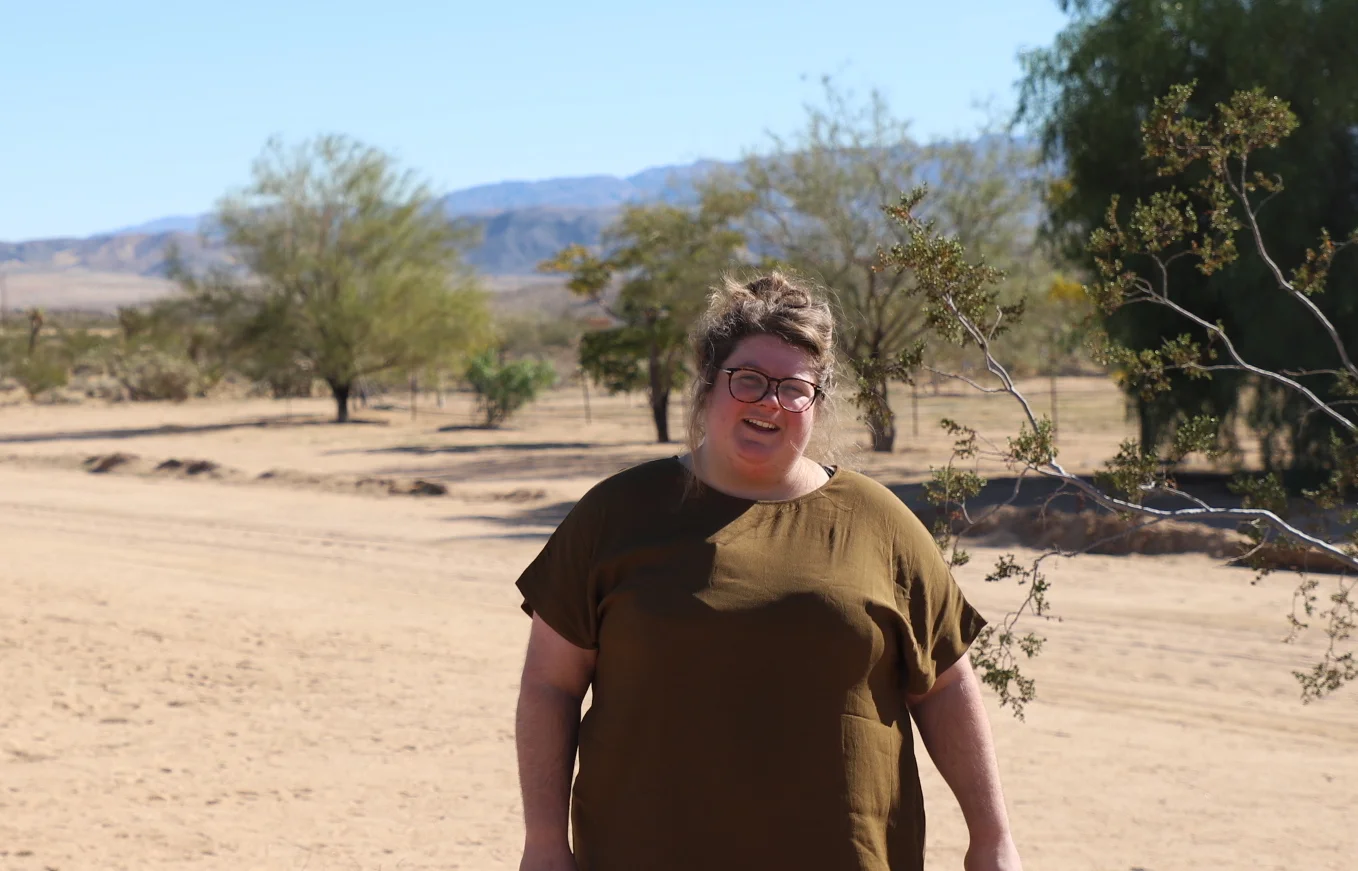Food Psych #187: How to Make the World More Accessible for ALL Bodies with Alissa Sobo
Software engineer and Ample co-founder Alissa Sobo joins us to discuss how being fat-shamed at the doctor’s office inspired her to create the Ample app, how to improve the accessibility of public spaces for people in ALL bodies, her journey through disordered eating and recovery, why business reviews are a form of education and advocacy, and so much more! Plus, Christy answers a listener question about whether the principles of intuitive eating and Health At Every Size® still apply for older people.
Alissa is a software engineer and a cofounder of Ample, a review website, like Yelp, for rating doctors, services, and establishments on their accessibility and inclusiveness towards fat, trans, disabled, and BIPOC bodies. Ample has amassed over 700 reviews and recommendations across 10 countries since its beta launch in 2018. Alissa began the open-source, volunteer-led project in 2017 after experiencing fat shaming at the doctor during her pregnancies. While there were some nascent resources for finding fat friendly services at the time, she started Ample with the hope of improving these tools with up-to-date technologies, centralizing the information into one easy-to-find repository, and honoring the intersectional identities of communities. When she’s not coding, she can be found riding bikes and gardening with her family in Portland, OR. Find her online at IsItAmple.com.
Help us and our potential advertisers learn a little bit more about you. Visit podsurvey.com/foodpsych to take an anonymous survey, and you can enter to win a $100 Amazon gift card. Terms and conditions apply.
This episode is also brought to you by NurX, the game-changing company that’s here to make getting birth control easier. Visit nurx.com/foodpsych for a $20 credit, and you can get birth control delivered securely and confidentially to your door in less than a week.
We Discuss:
Alissa’s experiences growing up as a larger-bodied child
How her relationship with food and her body developed into an eating disorder
How she learned about Health At Every Size
How where we live can influence our relationship with food and our bodies
Body acceptance, and how it can look different for everyone
Her experience of being fat-shamed at the doctor’s office, and how it inspired her to start Ample
How creating the app helped her to learn more about accessibility
Why Ample is for all marginalized identities, not just larger bodies
The mechanics behind the app
Practical strategies for increasing accessibility, even when space and/or funds are limited
Advocating for ourselves, and the work that it can take to be comfortable doing so
Resources Mentioned
Some of the links below are affiliate links. Affiliates or not, we only recommend products and services that align with our values.
Submit your questions for a chance to have them answered on the podcast!
My online course, Intuitive Eating Fundamentals
Help spread the anti-diet message by subscribing to the podcast
Virgie Tovar’s work, and her first, second, and third appearances on Food Psych®
Health At Every Size by Linda Bacon (and their Food Psych episode) (CW: Dr. Bacon no longer recommends the book Health At Every Size and instead directs people to their second book, Body Respect)
Hot & Heavy by Virgie Tovar
Shoog McDaniel’s work
The Ample app
Ragen Chastain’s work, and her first and second appearances on Food Psych
Help us and our potential advertisers learn a little bit more about you. Visit podsurvey.com/foodpsych to take an anonymous survey, and you can enter to win a $100 Amazon gift card. Terms and conditions apply.
This episode is also brought to you by NurX, the game-changing company that’s here to make getting birth control easier. Visit nurx.com/foodpsych for a $20 credit, and you can get birth control delivered securely and confidentially to your door in less than a week.
Listener Question of the Week
Is there any point in Health At Every Size and/or intuitive eating where an older person with health concerns should consider weight loss? Is there an age limit to HAES and intuitive eating? What are the effects of dieting, or any intentional weight loss? What are the consequences of weight cycling and weight stigma? How can a person access healthcare that doesn’t involve weight cycling or weight stigma? What are some things you can prepare ahead of a doctor’s appointment?
(Resources Mentioned:
Health At Every Size by Linda Bacon (and their Food Psych episode) (TW: Healthism. Linda has stated that they no longer stand by parts of the book and prefers directing people to their other book, Body Respect)
Intuitive Eating (3rd ed.), by Evelyn Tribole and Elyse Resch
Food Psych episode #178
Christy’s slides from FNCE 2018 (TW: Specific weight used)

